The Chain of Responsibility (CoR) is a set of laws under the Heavy Vehicle National Law (HVNL) that seeks to facilitate and regulate all parties involved in the road transport supply chain.AgriChain works with leading grain elevators, storage sites and fertiliser facilities to manage every stage of the supply chain, including contracting, planning, ordering and timeslotting through to site receivals, outturning and invoicing.
AgriChain ensures that internal staff, external suppliers and logistics providers are kept up to date on the status of their stocks, freight orders, commodity contracts, bookings and delivery information.
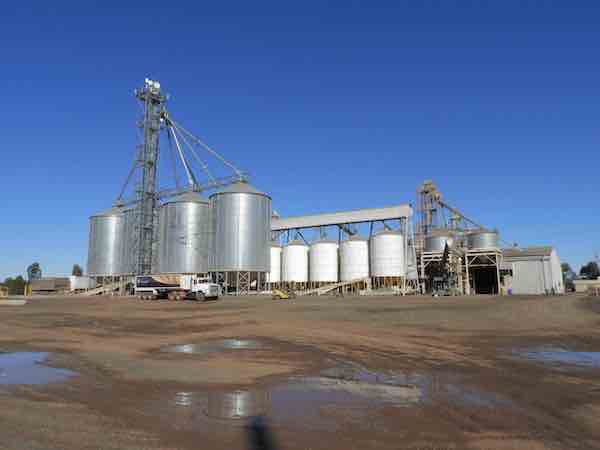
On 1 October 2018, CoR laws were amended to focus on safety. With this, all parties in the road transport supply chain have a primary duty to promote, manage, and ensure the safety of their transport activities. This includes compliance with mass limits, load restraints and dimensions, and the prevention of fatigue and speed offences.
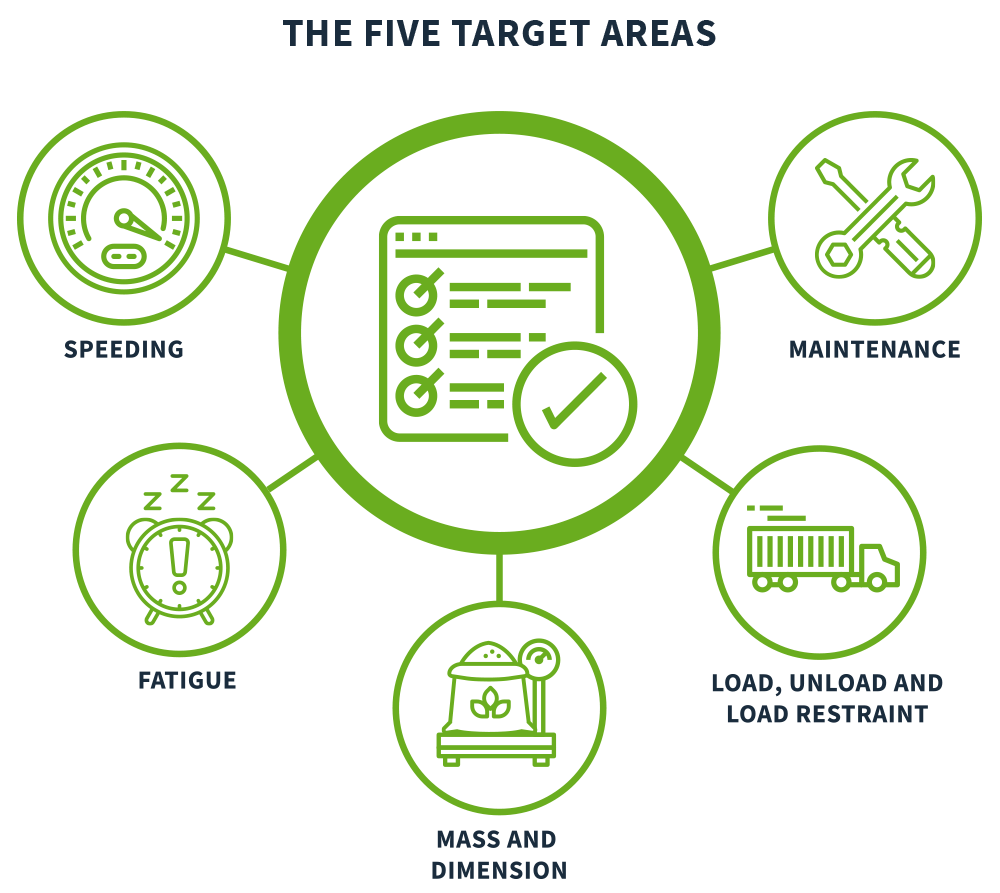
All parties that control or influence the transport activities of a business, using a heavy vehicle with a gross vehicle mass exceeding 4.5 tonnes, can be held liable under CoR laws. As such, provided that an individual has the ability to control or influence the outcome of a transport activity by asking, directing, or requiring (directly or indirectly) the driver of a heavy vehicle or a party in the CoR, to act in a way that breaches safety duty and results in the risk of death/injury or recklessness, that individual will be liable. However, no individual will be liable for breaches or risk outcomes that they cannot control.
Thus, CoR laws will apply to:
– Primary producers (Growers)
– Prime contractors (Brokers)
– Logistic Providers
– Traders
– Local governments (e.g. Council Works/Fleets)
– Executive Officers, separate from their Corporations
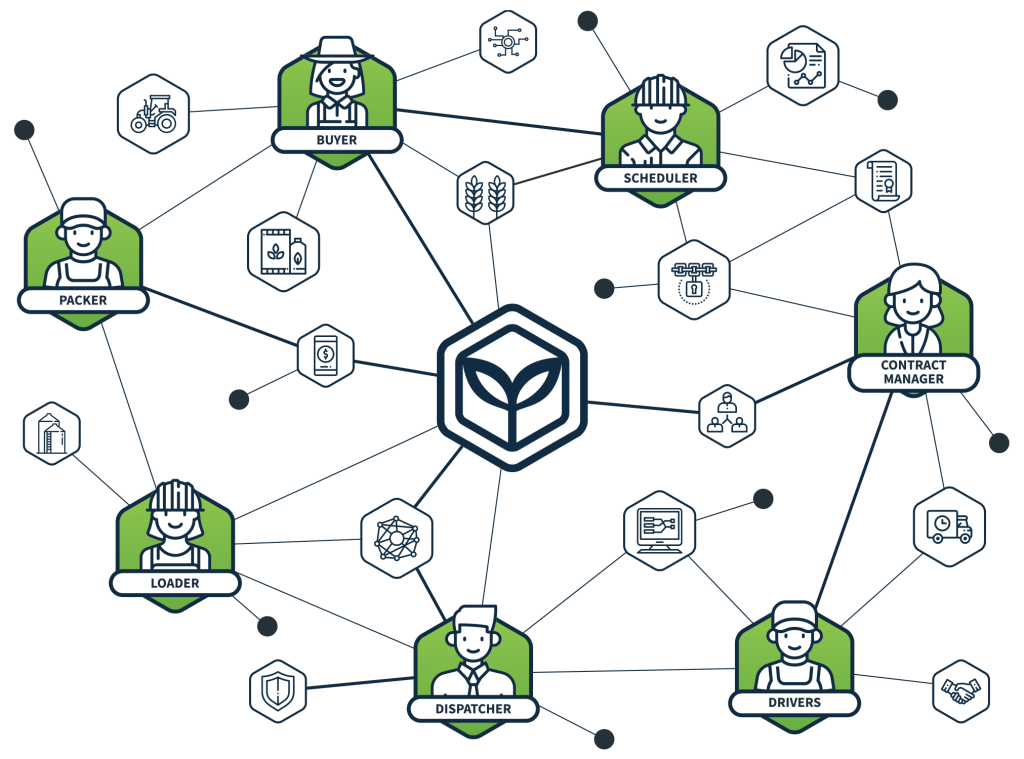
To prevent a breach in CoR, begin by identifying, assessing, reducing, and, where possible, eliminating the safety risks associated with your transport activities.
Often, this includes the documentation of freight movements and all associated activities from pickup sites to delivery sites using manual Record forms or a logistics system.
For the latter, an example would be the AgriChain System’s mobile app for logistic movements. In the CoR section of this app, prior to the completion of an inload/outload, both the grower and the truck driver are required to legally declare, confirm, and sign off that they have complied with mass limits, load restraints and dimensions, and are fit to drive.
Whilst growers are not required to check a driver’s work diary or physically inspect vehicles, this sign off ensures that farmers will take notice of any issues that could breach safety duty and result in the risk of death/injury or recklessness.
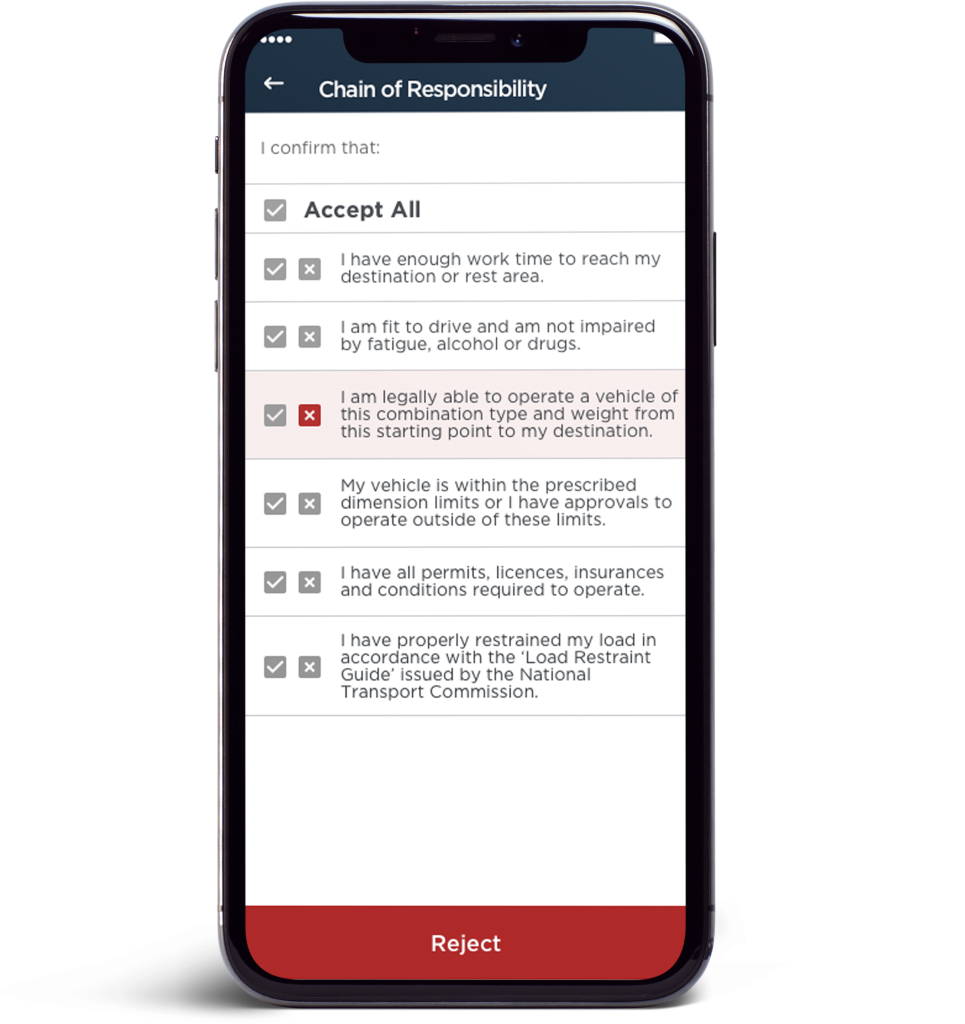
What are the penalties if I breach my primary duty/CoR laws?
The following penalties apply to:
1. Breaches in safety duty
– AUD $ 50,000 individual
– AUD $ 500,000 corporation
2. Risk of death/injury
-AUD $ 100,000 individual
-AUD $ 1 million corporation
3. Recklessness
-AUD $ 300,000 individual + 5 years imprisonment
-AUD $ 3 million corporation

At this stage, the best way to comply with CoR laws is to proactively manage the risks involved in transport activities.
This can be done by establishing standards and procedures for all parties in the road transport supply chain, and implementing a safety system, capable of tracking and tracing all freight movements, to reduce, and if possible, eliminate risks.


























AgriChain allows us to proactively manage our procurement, giving us full oversight across all current and future deliveries as well as removing all pre and post delivery paperwork and forms.

AgriChain is the smartest stock and execution platform we have ever seen

AgriChain allows us to manage our storage and logistics business with minimal fuss and minimal input from our team. It connects us to all our customers and reduces our admin work immensely

We have tried them all, AgriChain is easily the best platform for our business. Drivers love it and scheduling jobs is no longer a hassle for our team.

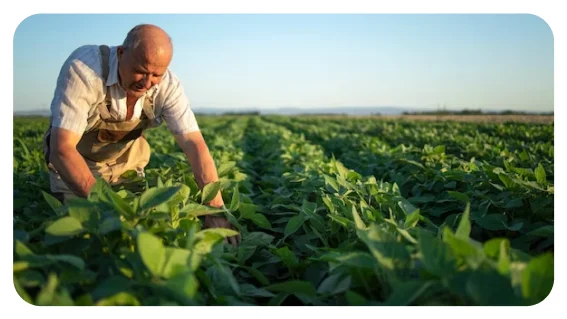
Get to know us a little bit more and why we are your best
choice to manage your supply chain

Navigation
“AgriChain allows us to proactively manage our procurement, giving us full oversight across all current and future deliveries as well as removing all pre and post delivery paperwork and forms.”

Allied Pinnacle






15000+ Organisations Trust AgriChain to manage inventory, sites, and trucks better. Get in touch to know more.